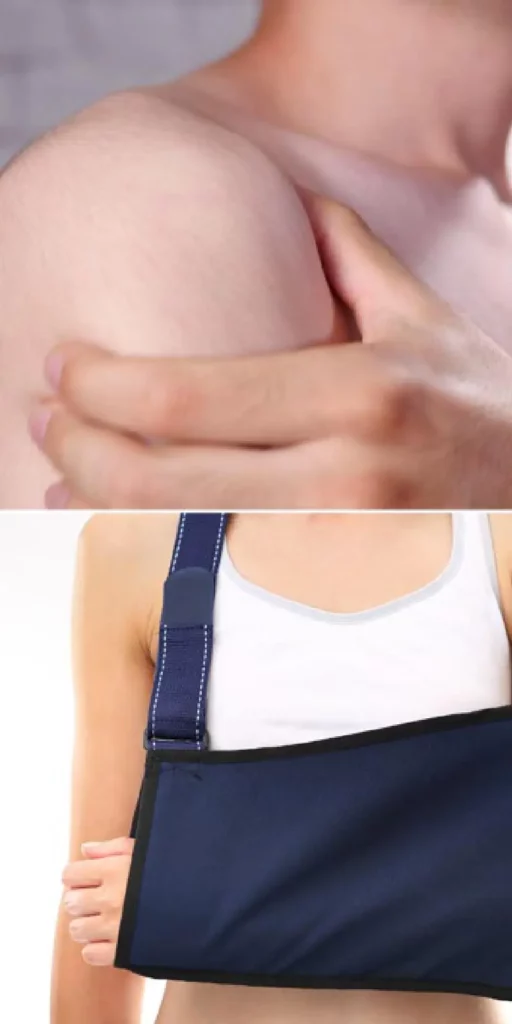Rotator Cuff Injuries
Overview
The rotator cuff is a group of muscles and tendons that cover the head of the humerus and hold it in the shoulder socket. When rotator cuff tendons become damaged, the shoulder can become stiff, sore or lose mobility. Injuries are often caused by direct damage, such as a traumatic fall or repetitive overhead motions. It can also develop because of indirect causes such as impingement or shoulder imbalance.

Impingement
Impingement occurs when the space under the acromion is so small that the supraspinatus tendon and bursa (a type of lubricating tissue) pinch whenever the arm is raised forward. If impingement happens repetitively, the bursa and supraspinatus tendon may become swollen. This is called chronic impingement syndrome.
Joint Imbalance
Joint imbalance occurs when the rotator cuff tendons or shoulder muscles are stretched or weakened from misuse, allowing the unstable joint to slide forward. Imbalance can often result from overhead arm motions that are common in many sports, such as serving in tennis and throwing in baseball.
The Damage
Whatever the cause, over time the tendon tissue breaks down. Eventually, the tendon may tear away from its attachment to the humerus bone.
Symptoms
Rotator cuff tears may cause pain in the shoulder that worsens when the arm is lifted. Sometimes, a grinding or popping sound is heard when the arm is moved. Severe tears may make it impossible to lift the arm at all. The level of pain associated with this injury is dependent on the type of tear and the patient (some patients feel more pain that others). The pain can even interrupt sleep.
Treatment
Treatment will vary depending on the amount of damage. Partial tears may be treated with non-surgical techniques. These can include include rest, physical therapy and injections of steroids or other medications that promote healing. In cases of complete tears or partial tears that do not respond to non-surgical treatments, surgery may be required.
